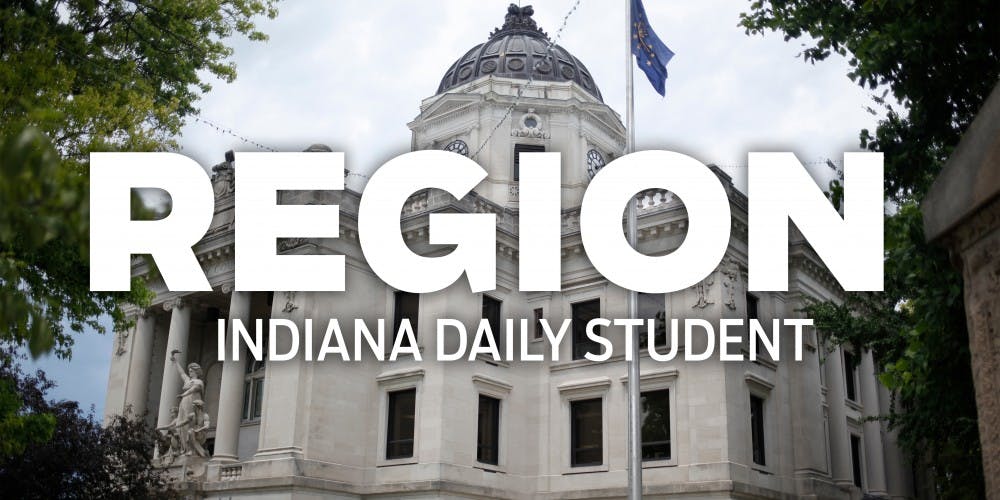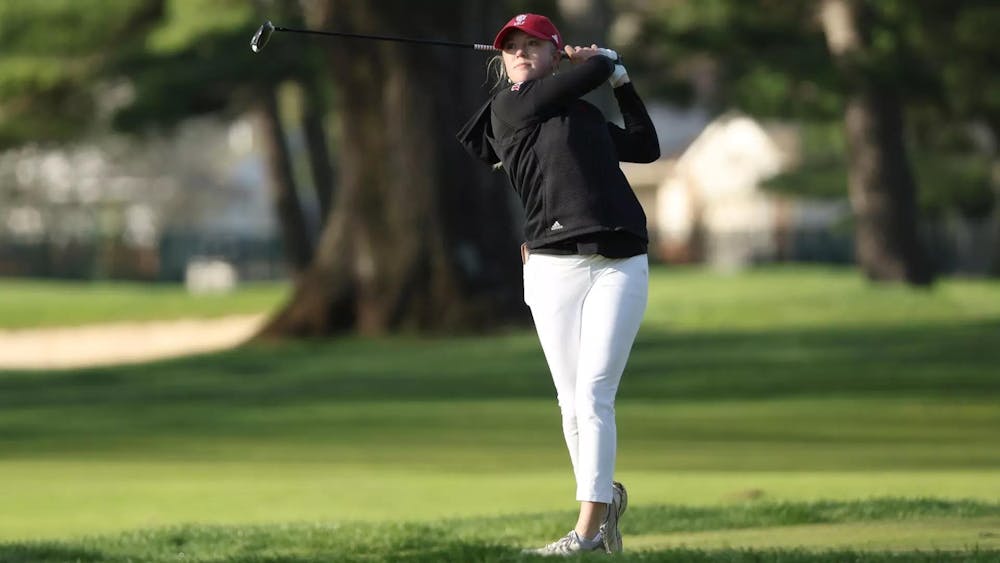A Middle Way House crisis intervention specialist began Tuesday’s “Human Trafficking Round-Table Discussion” by asking people about what stereotypes they had about human trafficking.
The responses ranged from the idea of people being snatched up in vans to the idea of it being something that happens to girls overseas.
However, the situation is much more complicated than that, intervention specialist Courtney Veneri said.
At the event Middle Way House staff members organized the conversation, asked people about their perceptions of human trafficking and discussed how these issues can be addressed.
The event included conversations on the many forms of human trafficking, stigmas attached to human trafficking survivors and misconceptions about how these situations occur.
Human trafficking affects people of all genders and all backgrounds, Veneri said.
“The media only portrays a particular version of human trafficking, and it is very sensationalized, so we don’t have a clear picture of what trafficking is,” Veneri said.
Human trafficking is similar to situations of domestic violence, Middle Way House crisis intervention services coordinator Pamela Sojka said. She said it is important to educate people on the situations human trafficking survivors face.
Sojka said people should always empower human trafficking survivors. This allows survivors to know they have options and the ability to make their own choices.
Some ways people view human trafficking survivors can be harmful, Veneri said.
“I feel like a lot of the rhetoric is that trafficking survivors need to be rescued, when they are people who can make their own decisions and need to be given the opportunity to do so,” she said.
Catelyn Lipa, a crisis intervention services coordinator at Middle Way House, said people have a misconception that there is nothing they can do about human trafficking.
One way they can help is by educating themselves about what human trafficking looks like in their community, she said. They can also volunteer at Middle Way House or other organizations that serve human trafficking survivors.
Middle Way started out as an organization focused on domestic violence, but it has since expanded its services to include helping human trafficking survivors, Sojka said. There is more awareness of the issue, but there is still a long way to go, she said.
It is important to have discussions like this so members of the community can brainstorm ways to improve Middle Way House’s services, she said.
“No one organization is going to solve the problem if we don’t involve the community,” Veneri said. “I think it was important that we let people share their thoughts.”






